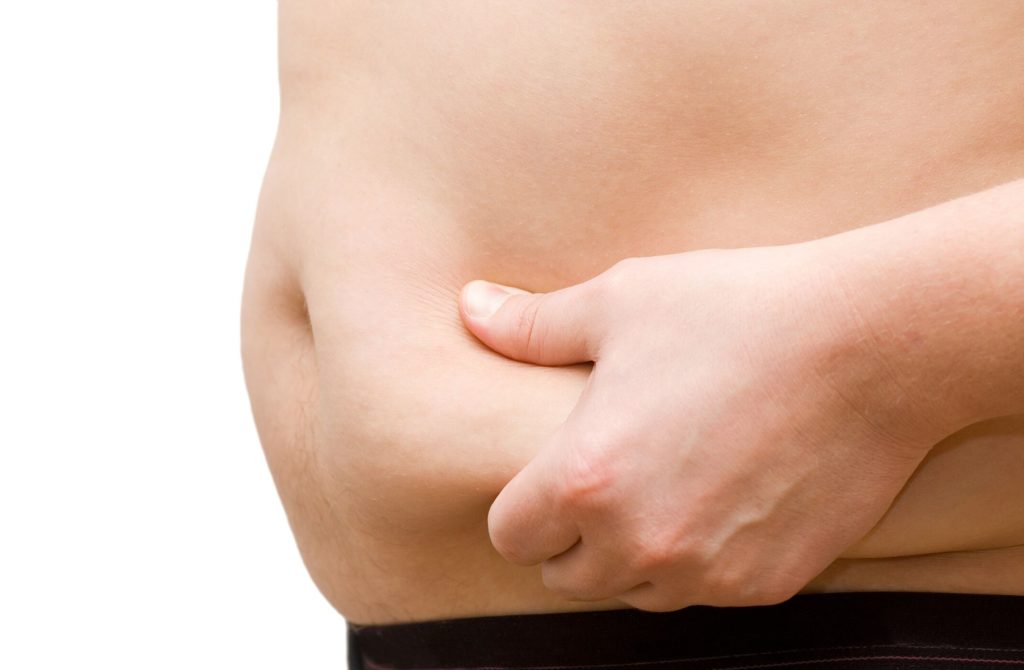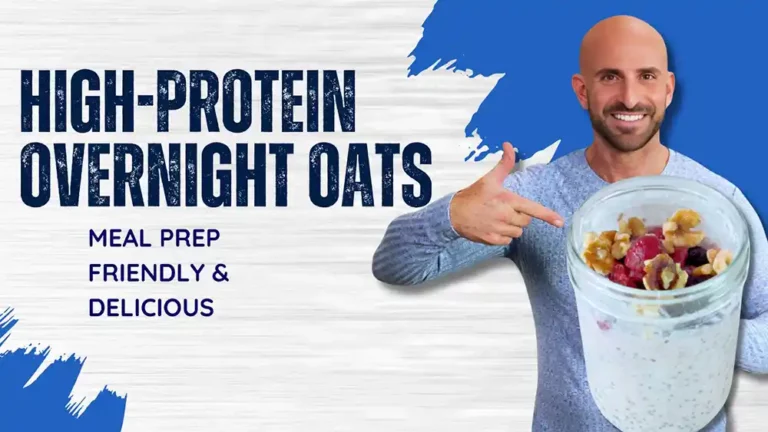
If you’re not a bodybuilder or an athlete, you may not put much thought into how much muscle you have on your body. However, if you are trying to lose weight, I would highly recommend you start thinking about it. Of course, I’m not asking you to work to become a GQ magazine model, but having a decent amount of muscle mass has a string of benefits including a higher metabolism, improved insulin sensitivity, and reduction of risk of heart disease by 40-70%. However, did you know that having too much body fat impairs your body’s ability to make muscle and can even cause you to lose muscle? This can seriously slow down your weight loss and even hamper your health. So why does this happen and what can be done to stop it?
Why Fat Causes Muscle Loss
Muscle loss occurs naturally and can start as soon as the age of 30. This happens to everyone, but if you have extra fat on your body, this process is sped up significantly. As excess body fat levels get higher, you begin to store fat in and around your muscle. This fat, just like visceral fat that surrounds your internal organs, begins to cause chronic inflammation. With this inflammation comes the release of cytokines, which are chemicals associated with chronic inflammation. When your muscle is constantly exposed to these cytokines released by your fat, it begins to cause muscle cell death. This process is called lipotoxicity, which is a term that describes the process when inflammatory fat begins killing healthy cells which, in this case, is your muscle, degrading its quality. What that means is not only do you start losing muscle, but the muscle you do have is not as strong.
When you combine this with physical inactivity it becomes much worse. A study was done in which two healthy males of the same age and weight had their muscle mass measured. One man did 3,000 steps a day on average and another man did 12,000 steps a day over the course of 3 months. At the end of the trial, the man who completed less steps lost half of the muscle mass when compared to the man who did more steps. To make matters worse, the inflammation in your muscles caused by too much fat also impairs your body’s ability to make new muscle even with physical activity if your diet is not in order, but more on that later.
Why Should We Care?
A lot of you probably aren’t convinced and couldn’t really care less how muscular you are. However, whenever I ask people the question: “When you lose weight, do you want that weight to come from fat or muscle?” The answer is always fat. This is because the thought of losing your muscle, the tissue that allows you to move and perform everyday function, is scary and unnatural. Specifically for those seeking weight loss, though, the more muscle you have, the higher your metabolism is. That’s because muscle tissue is working even when you’re performing small movements like typing on your computer or getting up to go to the bathroom. When you have more muscle on you, you burn more calories doing activities of daily living than someone doing the exact same activities, but with less muscle. This is why men (who naturally have more muscle) can eat more calories than women and also why older individuals (who lose muscle as part of the aging process) tend to be more overweight.
So, What Can We Do?
Here are my recommendations for how you can prevent excess fat from breaking down muscle and how you can maintain and grow your muscle mass for a higher metabolism and better health:
- Eat anti-inflammatory superfoods – Foods like fruits, vegetables and healthy fats like those found in avocados and walnuts all contain antioxidants that fight inflammation in the body. Eating these foods regularly and in diverse varieties will give you a spectrum of phytochemicals that can help you battle the special fat stored in your organs and muscle. They will also help fight the chronic inflammation that can cause muscle death.
- Do weight training – If you’ve been a cardio bunny in the past, it’s time to venture over to the free weights. Studies show that lifting weights for at least 45 minutes a day, 3 times a week was effective at building a good amount of muscle mass or maintaining any muscle you may already have. This will not only help keep your metabolism high, but aid in fat loss. If you do not have gym access, equipment such as elastic bands or a pull up bar can help. Exercises like pushups, planks and high intensity interval training can also be an effective substitute.
- Make sure you’re getting enough protein – One of the issues of having too much body fat is impaired ability to make new muscle, especially in older individuals. So, if your goal is to gain or maintain muscle, getting in enough protein is vital to turning that muscle building back on. Therefore, it’s recommended that you include protein in all of your main meals and snacks as well as having at least 25 grams of protein immediately after weight training (within 30 minutes) either in the form of a protein shake, a protein-rich meal or snack.





